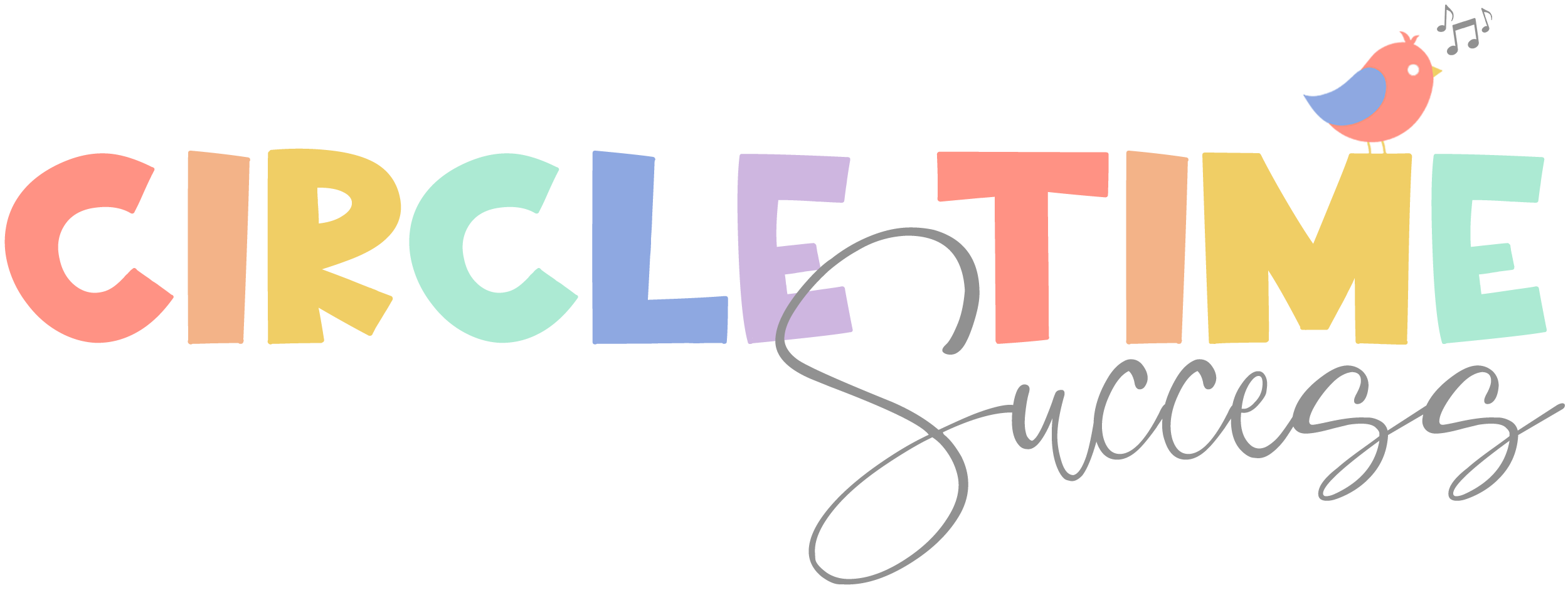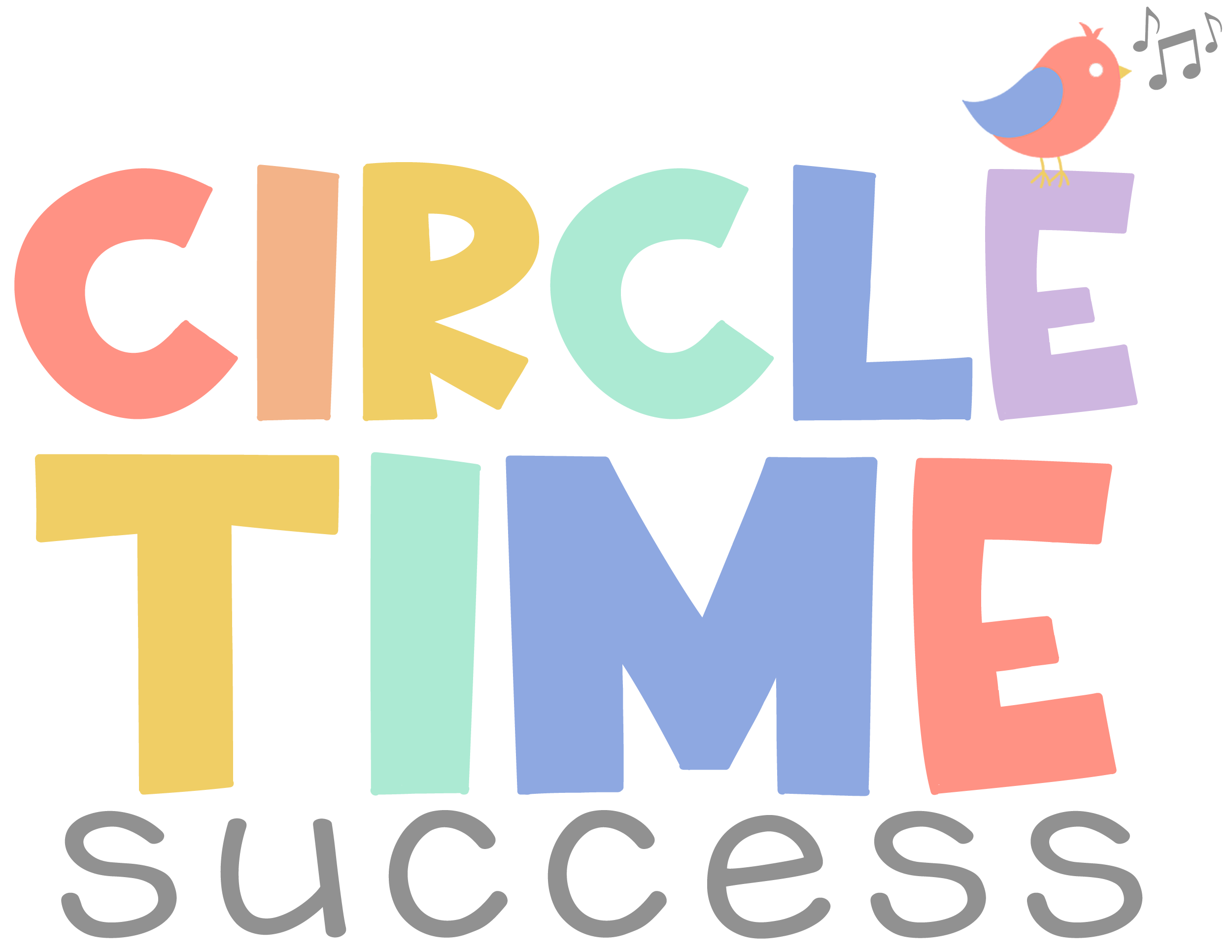
The early years are critical in shaping a child’s cognitive, emotional, and social development. Music and nursery rhymes play a significant role in fostering holistic growth by stimulating intellectual faculties, instilling emotional intelligence, and nurturing social skills.
The Power of Music in Early Childhood
-
Cognitive Development
Music enhances brain functions, such as memory, attention, and creative thinking, and boosts early intellectual growth by engaging multiple senses, promoting neural connections, and fostering problem-solving and spatial-temporal skills.
-
Emotional Development
Children learn to express, identify, and manage their emotions through music. Music can elicit many emotions, helping children develop emotional intelligence, empathy, and self-regulation.
-
Social Skills
Musical activities like singing, dancing, or playing instruments encourage sharing, cooperation, and communication among children. These joint experiences build community, foster cultural appreciation, and teach children essential social etiquette.
The Potency of Nursery Rhymes
-
Language and Speech Development
Nursery rhymes facilitate language development by exposing children to new vocabulary, improving pronunciation, and enhancing sentence construction skills. These rhythmic verses also support phonological awareness, which is essential for reading and writing skills.
-
Cognitive Skills
Nursery rhymes can improve a child’s memory recall and logical thinking abilities. Their repetitive nature reinforces concepts and patterns, while exposure to familiar themes promotes deductive reasoning and problem-solving.
-
Cultural and Historical Awareness
Traditional nursery rhymes serve as entry points for children to explore their cultural and historical backgrounds. These timeless verses convey values, customs, and historical events that enrich children’s understanding of the world around them.
Practical Strategies for Implementing Music and Nursery Rhymes in Routine
-
Set Musical Activities
Incorporate music into children’s daily activities by playing songs during playtime, arranging musical games, using background music during art projects or storytelling, or introducing simple percussion instruments.
-
Make Rhymes a Part of Everyday Conversations
Embed nursery rhymes into routine conversations by weaving them into everyday scenarios, using them to explain new concepts, or reciting them together during bedtime or mealtimes.
Long-term Impact of Music and Rhymes on Children’s Growth
-
Evolving Interest in Music and Art
Early exposure to music can spark a lifelong interest in music, dance, and other creative outlets. This passion for the arts can enhance a child’s cognitive, emotional, and social well-being in the long run.
-
Advances in Academic Success
Music and nursery rhymes stimulate critical thinking, problem-solving, and language skills crucial for academic achievement. Children with a strong foundation in these areas often excel in their studies and develop a healthy, curious attitude toward learning.
Final Thoughts
Incorporating music and nursery rhymes into a child’s early years is vital for well-rounded development. Parents and educators must actively employ these resources as essential tools in nurturing cognitive, emotional, and social growth in children. Doing so lays the foundation for a generation of well-rounded individuals with a lifelong love for music, art, and learning.

Andrea is currently the head of content management at SpringHive Web Design Company, a digital agency that provides creative web design, social media marketing, email marketing, and search engine optimization services to small businesses and entrepreneurs. She is also a blog contributor at Baby Steps Preschool where she writes storytime themes, parenting tips, and seasonal activities to entertain children.


